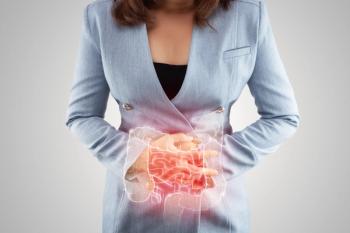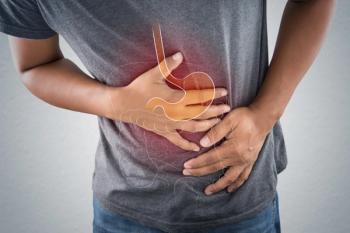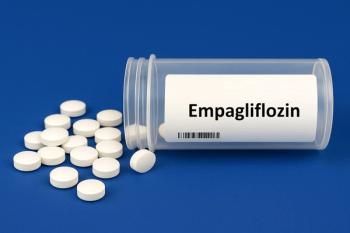
Mirikizumab Improves Symptoms in Patients With Crohn Disease
Eli Lilly reported new efficacy and safety data for mirikizumab in moderate-to-severe Crohn disease.
New data showed that Eli Lilly’s mirikizumab demonstrated safety and efficacy in treating moderate-to-severe Crohn disease, according to results from a phase 2 study.
Mirikizumab, a humanized IgG4 monoclonal antibody that binds to the P19 subunit of interleukin 23, is being studied for the treatment of immune diseases, including psoriasis, ulcerative colitis, and Crohn disease.
The phase 2 SERENITY study evaluated the safety and efficacy of multiple dosing regimens and 2 methods of administration with mirikizumab in patients with moderately to severely active Crohn disease. The study included a 12-week induction period and 40-week continued treatment period, and the primary end point was endoscopic response as determined by the proportion of patients achieving at least 50% reduction from baseline on the Simple endoscopic Score for Crohn’s Disease at week 12.
In the induction period of the study, patients were randomized across 4 treatment arms to receive placebo or 1 of 3 doses of mirikizumab intravenously (200 mg, 600 mg, or 1000 mg). Patients who showed endoscopic improvement at 12 weeks were randomized to continue treatment with mirikizumab either intravenous (IV) or subcutaneous (SC) administration, and patients who did not show endoscopic improvement at this time or who were in the placebo arm were assigned to receive mirikizumab treatment intravenously.
Nearly 60% of patients achieved endoscopic response (58.5% in the IV dosing group and 58.7% in the SC group), according to the findings. Additionally, more than 40% of patients achieved Patient Reported Outcomes (PRO) remission (46.3% in the IV group and 45.6% in the SC group).
Among those who achieved endoscopic response at week 12, 69.6% and 66.7% in the IV and SC groups, respectively, also had endoscopic response at week 52, the investigators reported. Among those with endoscopic remission at week 12, 50% and 64.3% in the IV and SC groups, respectively, also had endoscopic remission at week 52.
One patient in each group among those who achieved endoscopic improvement at week 12 discontinued due to an adverse event (AE). Similar frequencies of treatment-emergent AEs and serious AEs were reported in IV and SC groups. The most common AEs reported were nasopharyngitis, headache, and arthralgia.
“Crohn’s disease is a serious and difficult-to-treat condition, and there is a significant need for additional treatments,” Bruce E Sands, MD, MS, Dr. Burrill B. Crohn Professor of Medicine, chief of Dr. Henry D. Janowitz Division of Gastroenterology at the Icahn School of Medicine at Mount Sinai, said in a statement. “I am encouraged by the results of this study, which showed response in both symptom relief and endoscopic response and remission at 52 weeks of treatment with mirikizumab.”
According to Lilly, these phase 2 data reinforce the continued evaluation of mirikizumab in the ongoing VIVID phase 3 program as a potential treatment for Crohn disease.
Reference:
- Mirikizumab Shows Continued Symptom Improvement and Reduction of Intestinal Inflammation in Patients with Crohn’s Disease in 52-Week Phase 2 Trial. News release. Eli Lilly; October 12, 2020. Accessed October 13, 2020.
https://investor.lilly.com/news-releases/news-release-details/mirikizumab-shows-continued-symptom-improvement-and-reduction
Newsletter
Pharmacy practice is always changing. Stay ahead of the curve with the Drug Topics newsletter and get the latest drug information, industry trends, and patient care tips.























